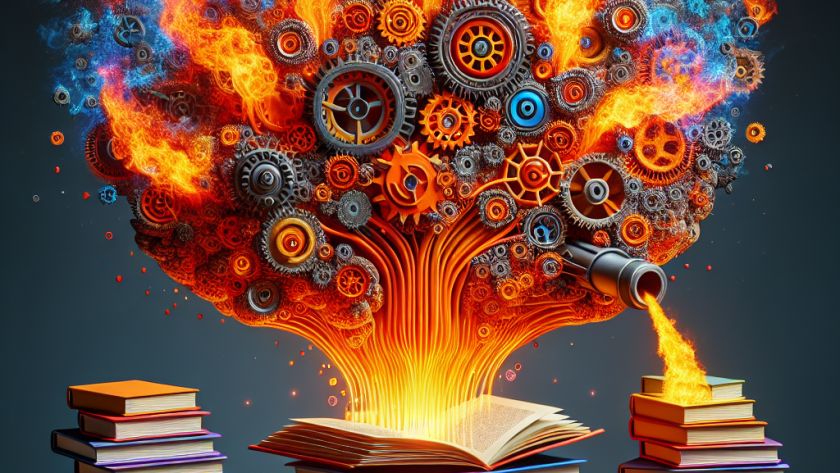

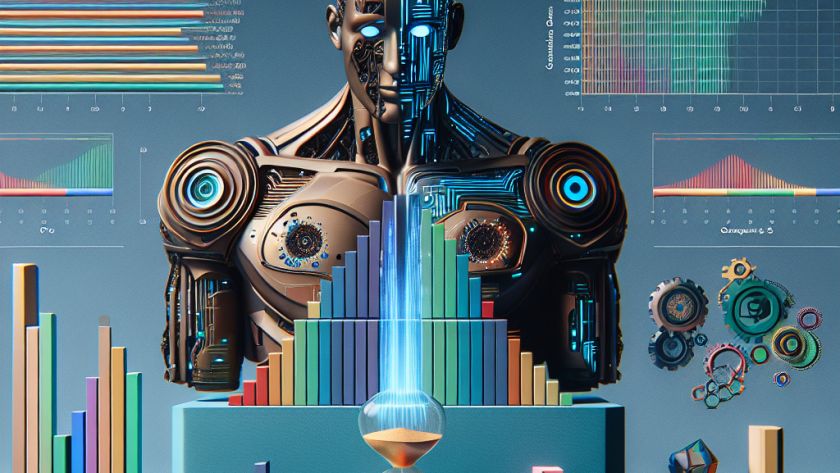

Eric Evans, the director of MIT Lincoln Laboratory and chair of the Defense Science Board (DSB), was awarded the Department of Defense (DoD) Medal for Distinguished Public Service on May 31. The award, presented by Heidi Shyu, the Under Secretary of Defense for Research and Engineering and the DoD chief technology officer, is the highest…


Auto-GPT is a new form of Artificial Intelligence (AI) that operates more independently than its predecessors. Unlike previous AI models, such as ChatGPT, Auto-GPT only needs a problem to solve and operates autonomously from there. The program even develops new tasks to complete a larger goal and uses the internet independently to seek relevant information.
Using…


Generative models aim to replicate the patterns in the data they are trained on, often striving to replicate human actions and results. These models strive to match human proficiency in various tasks, but there is a debate over whether these models can surpass their human trainers. A new study from researchers at Harvard University, UC…

Evaluating Large Language Models (LLMs) is a difficult task, as real-world problems are quite complex and ever-changing. Conventional benchmarks often fail to provide a holistic picture of LLMs' performance. Here are some key metrics recently highlighted in a LinkedIn post:
1. MixEval: Designed to ensure balance between user queries and effective grading, MixEval combines real-world user…

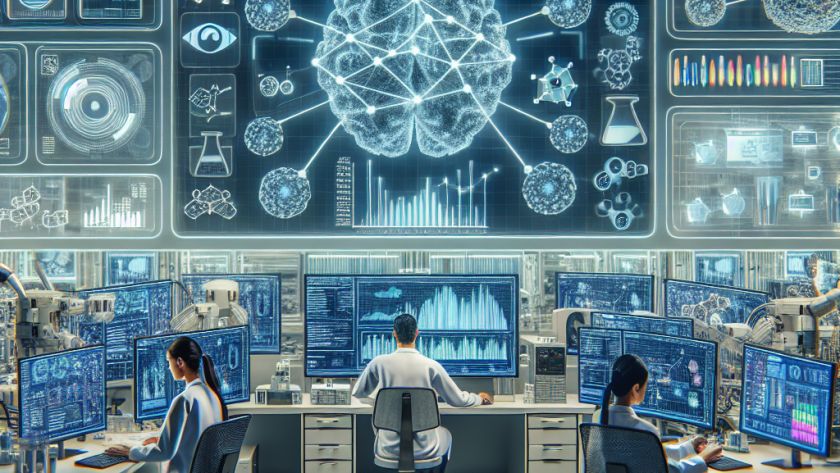
Modern bioprocess development is significantly influenced by machine learning (ML), which is a part of a wide range of analytics techniques, digitalisation, and automation methods. These tools generate large sets of experimental data which are crucial in the optimisation of bioprocessing methodologies. With the help of ML, these vast datasets can be efficiently examined to…
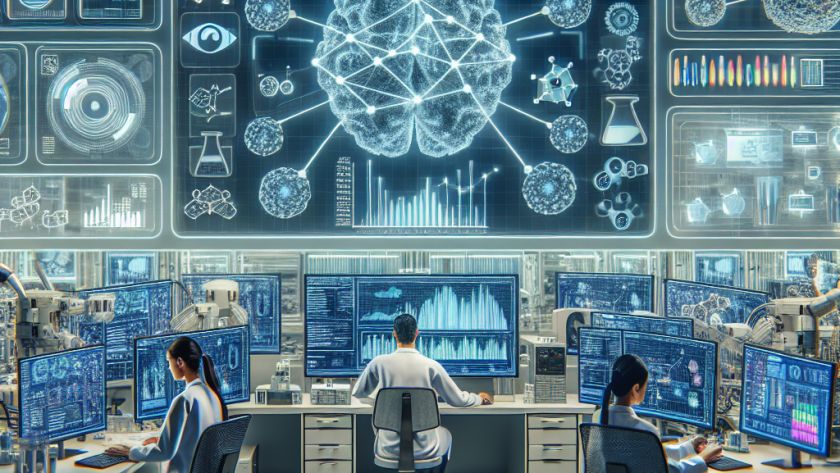
Modern bioprocess management, guided by sophisticated analytical techniques, digitalization, and automation, is generating abundant experimental data crucial for process optimization. Machine Learning (ML) techniques have proven crucial in analyzing these huge datasets, allowing for the efficient exploration of design spaces in bioprocessing. ML techniques are utilized in strain engineering, bioprocess optimization, scale-up, and real-time monitoring…
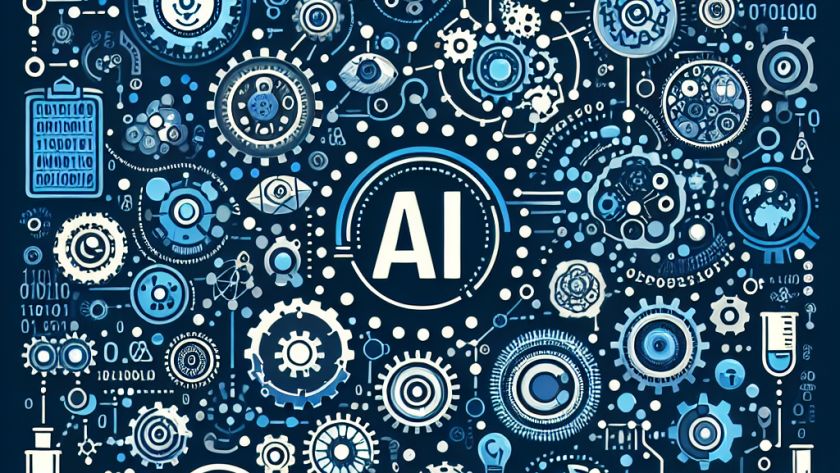
Meta's Fundamental AI Research (FAIR) team has announced several significant advances in the field of artificial intelligence, reinforcing their commitment to collaboration, openness, and responsible artificial intelligence development. With a focus on principles of excellence and scalability, the team's aim is to foster cutting-edge innovation.
Meta FAIR has launched six key research artifacts which include innovative…
